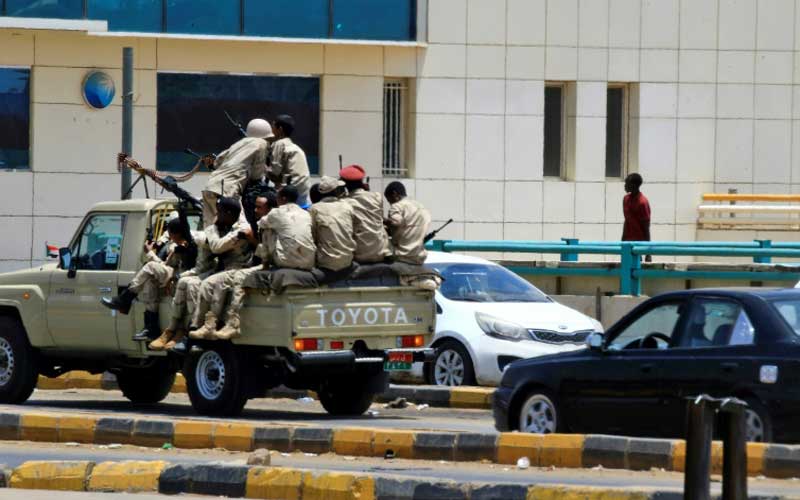×
The Standard e-Paper
Smart Minds Choose Us

On Thursday, the African Union (AU) issued its statement suspending Sudan from the organisation until the ruling military junta cedes power to a civilian government.
This is commendable. Gone are the days when regional organisations sat idly as governments dehumanised and brutalised their populations with abandon.